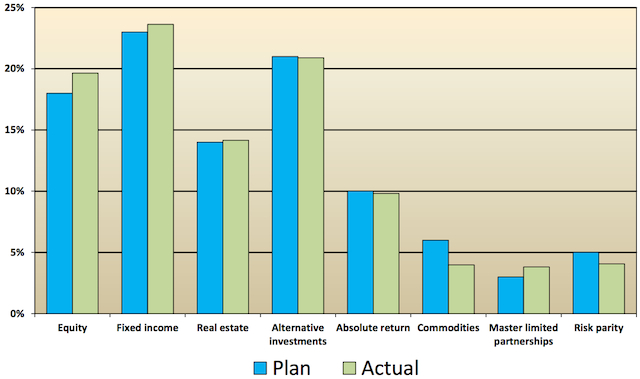The Pennsylvania Public School Employees’ Retirement System (PSERS) has sold a $1.75 billion package of private equity investments to secondaries player Ardian.
The deal—one of the largest in 2014—included 17 limited partner stakes in private equity buyout funds-of-funds. Most of these investments focused on US large cap and middle market spaces, according to the public relations firm representing Ardian.
The $53 billion pension fund and Paris-based secondaries firm closed their transaction last month.
“PSERS is endeavoring to reduce its exposure to private equity to 15% of the fund’s size,” said the pension’s CIO James Grossman. “The depth of the secondary market makes possible a large asset sale that will bring us closer to our long-term target.”
Private equity accounted for 16.3% of the fund’s total portfolio as of September 30, 2014, according to PSERS’ documents. The pension began shedding exposure to the asset class last summer, reducing its total portfolio value by $415 million between June and September.
Last month’s deal with Ardian would bring PSERS’ private equity allocation down to roughly 12.7%.
Relative to other asset classes, PSERS’ has had to maintain relationships with a very large number of private equity managers. Between that asset class and its much smaller venture capital allocation ($900 million), the pension fund had investments with 73 separate firms as of September 30, 2014.
PSERS’ roster for its $7.1 billion real estate portfolio, for example, comprised of 39 managers.
PSERS’ Asset Allocation as of June 30, 2014

Source: PSERS
Related Content:Sac. County Launches Secondaries Play; Institutional Investors Bullish on PE Secondaries
